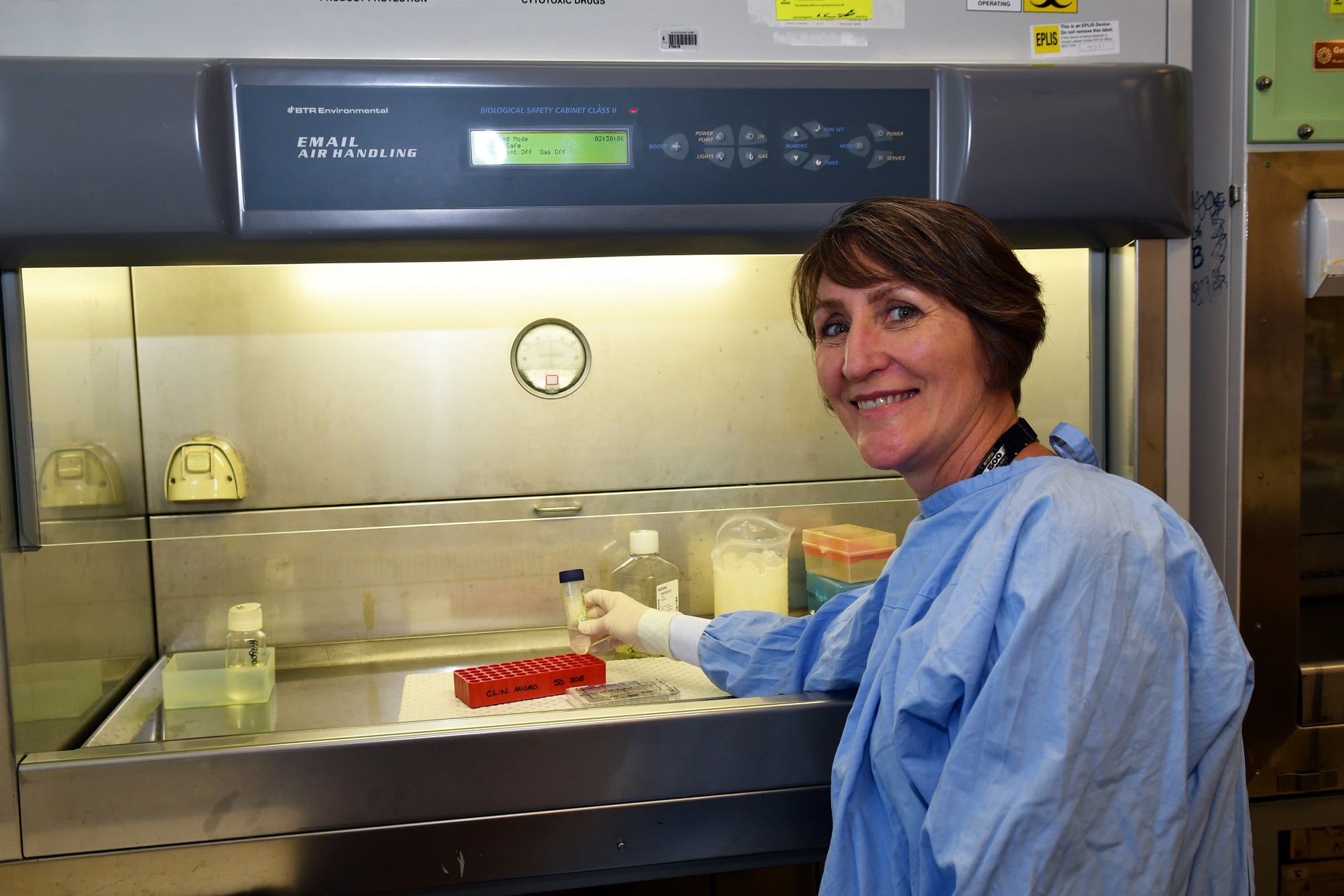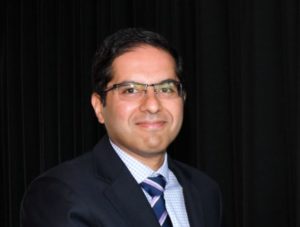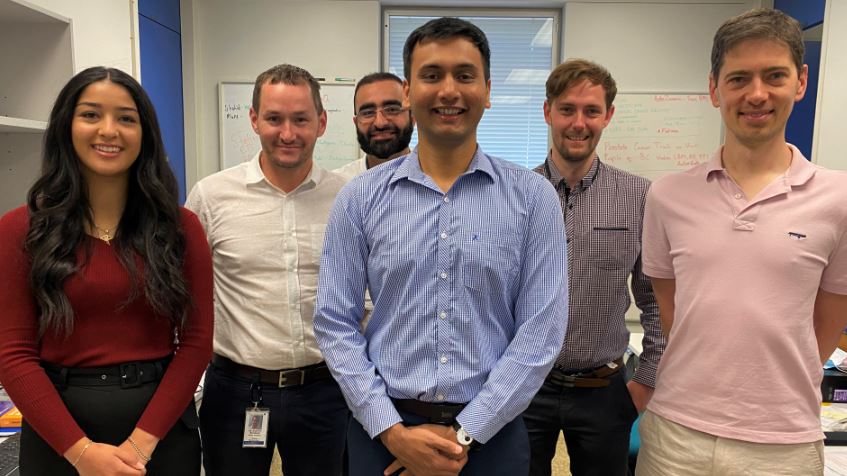A fresh approach to improve COVID-19 and treatment for other lung disease and innovative research on rheumatoid arthritis and cancer therapy are three areas of Flinders University research to receive a funding boost this week.
College of Medicine and Public Health senior researchers Associate Professor Jill Carr and Associate Professor Mihir Wechalekar are recipients of 2020 Ideas Grants announced today by the Australian Government.
Associate Professor Jillian Carr, with Flinders colleagues, critical care medicine and respiratory physiology researchers Associate Professors Shailesh Bihari and Dani-Louise Dixon, will lead a project entitled ‘Modulating COVID-19 disease by targeting virus and virus-induced responses through pharmaceutical and mechanical ventilation strategies: SARS-CoV-2 S-protein, ACE2 and TMPRSS2’ assisted by $628,856 (APP2003683).
“With the unprecedented devastation of COVID-19, this new study will strive to find better treatments and systems to manage lung disease, and improve patient survival and recovery,” says chief investigator Associate Professor Carr.
“We need a multi-pronged approach to combat COVID-19, including targeted therapeutic anti-virals, alternative drug options and the best possible procedures in intensive care units.
“We will focus on tackling 3 things we know can be involved in damaging the lungs during SARS-CoV-2 infection – the Spike (S)-protein of the virus, androgens: linked to the strong sex bias and increased risk of severe disease in men, and the appropriate use of ventilators,” says virologist Associate Professor Carr, whose multidisciplinary team also includes Flinders University researcher Associate Professor Robyn Meech (an expert in the pharmacology of androgens), and the biomaterials expertise of Professor Benjamin Thierry at the Future Industries Institute.

The team expects the new approaches for the COVID-19 pandemic will have broader applications for other viral lung diseases such as pathogenic influenza A virus infection.
In the second new Flinders University Ideas Grant, an international team led by Associate Professor Wechalekar will receive $597,168.10 (APP2004839) for ‘Targeting PD-1 expressing Tperipheral helper (Tph) cells and dysregulated checkpoint molecules: Improving outcomes in Rheumatoid Arthritis’.
In this project researcher are targeting an alternative approach to find better treatments and a possible biomarker to manage the chronic disease which affects millions of people around the world.
Drugs commonly used to treat the debilitating pain, and preventing the irreversible joint destruction of rheumatoid arthritis, can have variable efficacy,
“They also have equally negative significant side effects that put more pressure on adversely affecting a patient’s general health and wellbeing,” says Associate Professor Wechalekar.

He points out the chronic autoimmune inflammatory disease is diagnosed in an estimated 10,000 Australians each year – many of them women aged over 50 years of working age, leading to inability to work in a large proportion of those affected.
“We propose to investigate the immune cell environment that drives this disease – in particular a new type of cell called Tph cells and related immune pathways,” he says.
“We will also study how they may be used as therapeutic targets or as markers to monitor disease activity. Our findings may translate into clinical practice and form a basis for new therapeutic strategies.”
Associate Professor Wechalekar, a consulting rheumatologist consultant with the Southern Adelaide Local Health Network based at Flinders Medical Centre, leads the synovial tissue biobank (the only such facility in Australia). He will be joined by Professor Douglas Veale (University of Dublin) and Professor Ursula Fearon (Trinity College Dublin, Ireland), Dr Helen McGuire (University of Sydney), Professor Antonio Ferrante (The University of Adelaide), Professor Barbara Fazekas de St Groth (University of Sydney) and Professor Ranjeny Thomas (The University of Queensland) on the new project.
The Flinders University researchers have shared part of $300 million in new Australian Government National Health and Medical Research Council funding.
The $260 million in this year’s NHMRC Ideas Grants will assist 283 health and medical research projects for the next 3-5 years.
Ideas Grants support a broad range of research from discovery science through to clinical research, health services and public health research. This year’s Ideas Grants include 45 grants focused on cancer research, 68 grants on infectious diseases and 13 grants on Aboriginal and Torres Strait Islander health.
In its second year, the Ideas Grants scheme saw equal funded rates for female and male chief investigators and one-quarter of awarded grants led by an early to mid-career researcher.

“Our Government is also investing close to $6.9 million in the early careers of outstanding health and medical researchers through 64 postgraduate scholarships,” said Health Minister Mr Greg Hunt.
“In total, the Federal Government has directly invested a record $1.28 billion in health and medical research in 2019-20, which represented 13.6 per cent of Morrison Government investment in Australian research.
“Our Government will invest a record $6.6 billion in health and medical research between 2020-21 and 2023-24,” he said.
Natansh Modi, from the Precision Medicine Group at Flinders University, is a recipient of a postgraduate scholarship.








